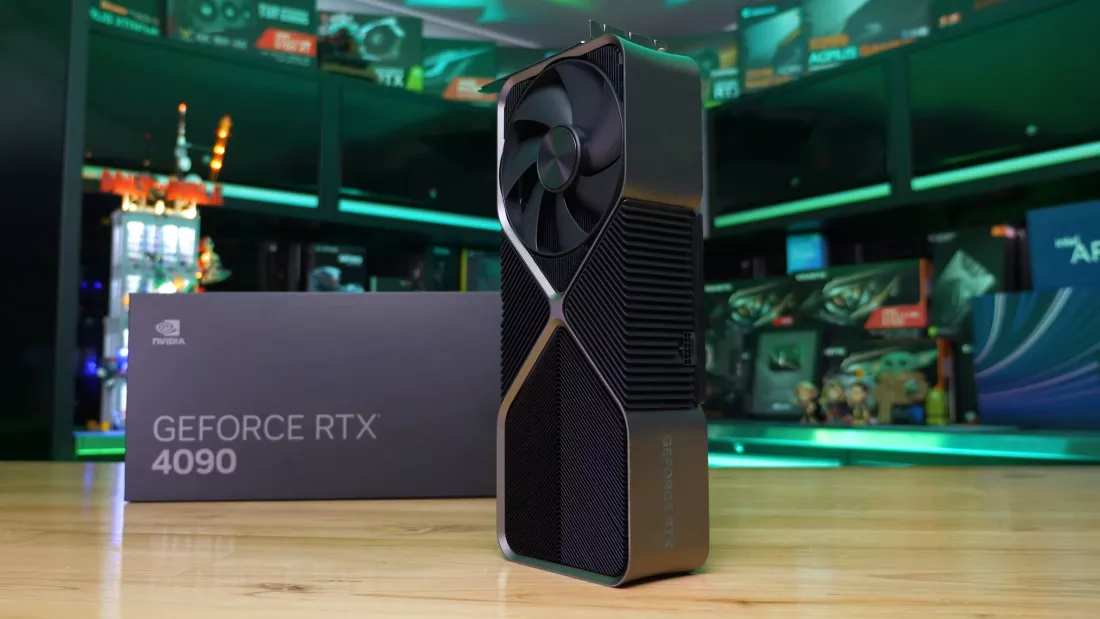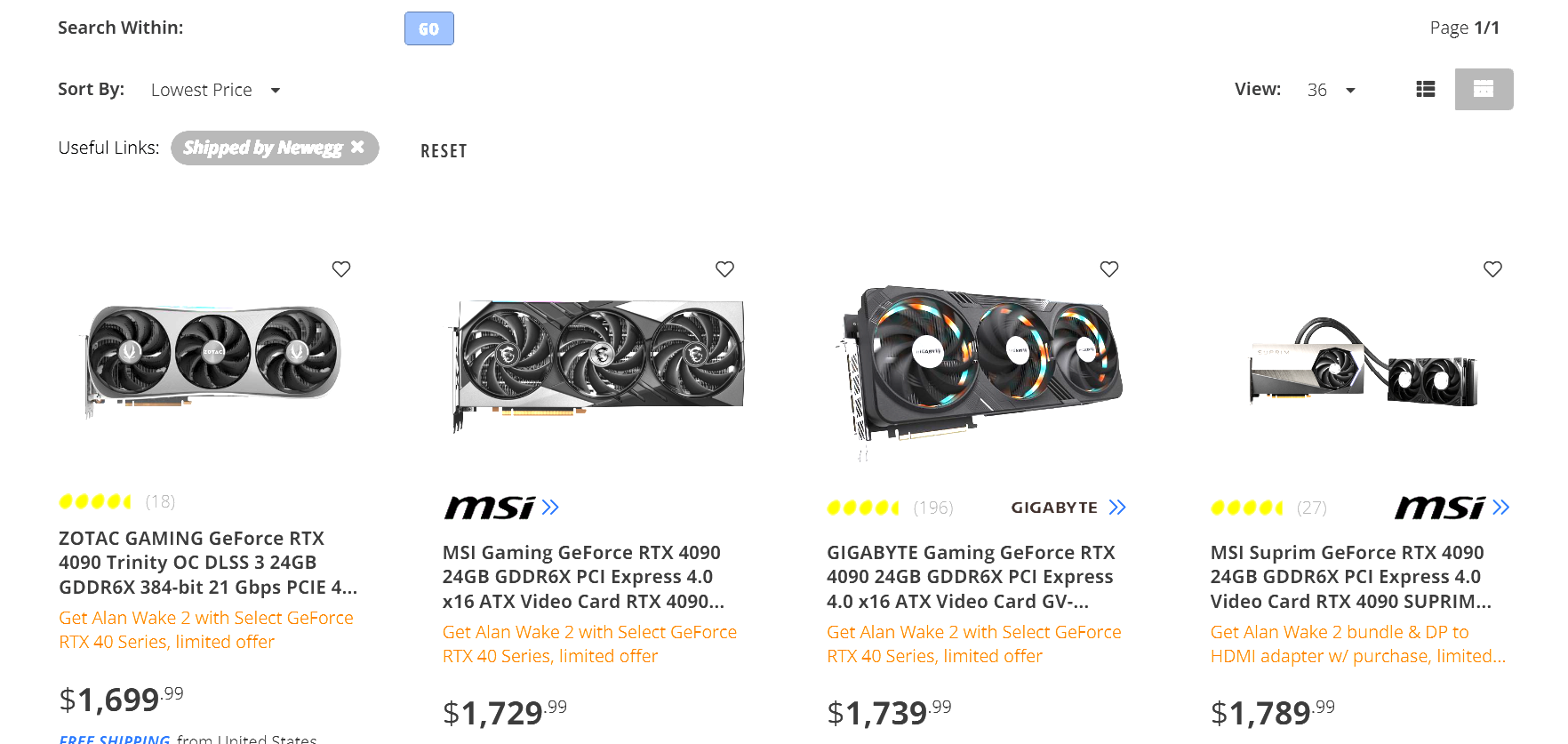In a nutshell: The US government's upcoming ban of RTX 4090 exports to China is not only playing havoc with prices and availability of the card in the Asian nation but has also resulted in problems closer to home. Prices for the card on US retail sites have increased while finding one in stock isn't as easy as it used to be.

The rumored changes to US sanctions on tech exports proved accurate this week when the Department Bureau of Industry and Security (BIS) updated its list of export controls on semiconductor manufacturing items and advanced chips to China and other countries.
The RTX 4090's bandwidth and compute power means that, under the new rules, the card will be prohibited from being exported to China, along with the A800 and H800 that Nvidia had created specifically for the Chinese market, in 30 days of the new rules being announced.
VideoCardz reports that the move has resulted in RTX 4090 cards in China doubling or quadrupling in price, while many stores have removed listings for the card, including Nvidia's own Founders Edition.
PC Gamer notes that the impact is being felt in the US, too. The RTX 4090 is out of stock on the Nvidia store, while the cheapest one on Newegg is the $1,699 Zotac Gaming model followed by a $1,729 MSI card, with several listings out of stock. Amazon's cheapest RTX 4090 is also $1,699. It was only a few days ago that these cards could be found for their MSRP - or even lower when looking back over the last few months.
While it's only the RTX 4090 that's being affected, the news comes amid concerns that Nvidia's focus on its lucrative AI/datacenter products could result in its gaming line becoming less of a priority, leading to the bad old days of the pandemic/chip shortage/crypto-craze when prices and availability of graphics cards were ridiculously bad.
The good news is that such a scenario seems unlikely to happen. Prices and availability of other cards have remained stable and the RTX 4090 situation will probably return to normal in a month once the China ban is implemented, after which time there's no point in people buying the flagships with the purpose of exporting them to the country. The only real issue could be a lack of RTX 4090s in next week's Black Friday sale.
In other Nvidia news, rumors (emphasis on that word) are circulating that the company is preparing to release several Super variants of current RTX 4000-series cards. One of these, the RTX 4070 Super, is said to pack 16GB of VRAM and be based on the AD103 GPU.
https://www.techspot.com/news/100566-rtx-4090-china-export-ban-impacting-us-prices.html
